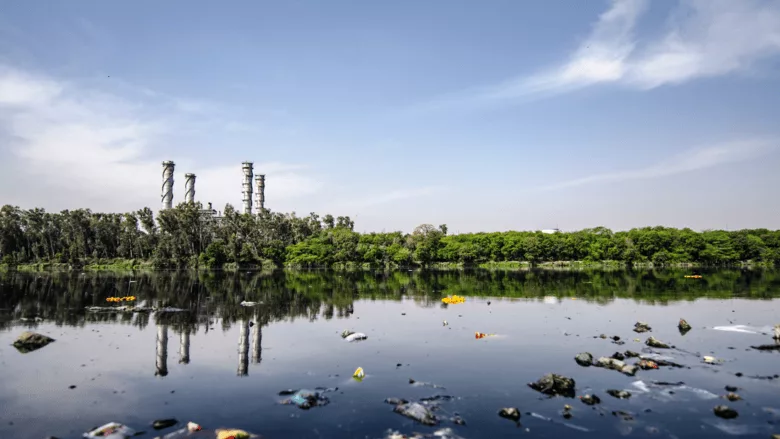EPA Settles Hazardous Waste Violations with Two Central Valley Facilities
It cited public safety as the reason for the violations.

Image via Yogendra Singh from Pexels
The U.S. Environmental Protection Agency (EPA) has announced settlements with two industrial facilities in California’s Central Valley over hazardous waste violations that posed risks to public safety and the environment. The companies—Owens-Brockway Glass Container Inc. and Univar Solutions USA, LLC—have agreed to pay a combined total of $158,637 in penalties and return to full compliance with federal law.
“The improper management of dangerous substances poses a clear risk to public safety,” said Josh F.W. Cook, EPA’s Pacific Southwest Regional Administrator. “EPA is upholding the law and holding companies accountable, and we’re ensuring communities in the Central Valley are made safer as a result.”
Violations at Tracy Glass Facility
In January 2024, a routine inspection at Owens-Brockway’s glass container manufacturing facility in Tracy revealed several violations of the Resource Conservation and Recovery Act (RCRA). The facility had failed to accurately classify hazardous waste, neglected to control the release of hazardous dust that could travel offsite, and lacked an up-to-date contingency plan and personnel training records.
Owens-Brockway has since addressed the violations and paid a civil penalty of $47,836.
Unpermitted Hazardous Waste Storage in Fresno
At Univar Solutions' Fresno facility, which blends agricultural chemicals, EPA inspectors found the company had stored hazardous waste on-site beyond the 90-day federal limit without proper permits. The inspection took place in December 2022. Univar has since resolved the issue and agreed to pay a penalty of $110,801.
The settlements fall under the authority of the RCRA, a law enacted in 1976 to regulate the safe handling, storage, and disposal of hazardous waste. According to the EPA, improper waste management can lead to serious health and environmental threats—particularly in vulnerable communities like those in California’s Central Valley. Both companies have certified their compliance moving forward.
These cases are not isolated incidents. Nationwide, hazardous waste violations are common, with frequent issues including improper labeling, inadequate storage, and failure to train personnel adequately. Such lapses can lead to significant environmental and health risks, underscoring the importance of strict adherence to hazardous waste regulations.
The Resource Conservation and Recovery Act (RCRA), enacted in 1976, provides the EPA with the authority to control hazardous waste from its creation to disposal. This "cradle-to-grave" approach is designed to prevent hazardous waste from posing a threat to human health and the environment.
Looking for a reprint of this article?
From high-res PDFs to custom plaques, order your copy today!








